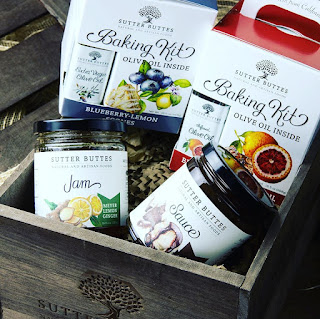Why Private Label Foods Are To Be Used In The Business
Retailers can offer distinctive
products, expand their catalogs, and undercut rivals' costs by using private
labeling. Private-label products
could look similar to those already available in stores, but their exact
production formula needs to be different. For example, no other company's
package of chocolate chip cookies will have the same recipe as one offered by a
private-label company. This also applies to private-label businesses that sell
jewelry, food, clothing, and other products. Mistakes with private-label and
white-label items are common. Conversely, white-label products are not created
especially for a seller.
White-label producers produce
generic goods in large quantities and resell them to individual retailers.
Consumers buy the products from each retailer under a distinct brand name.
Stated differently, private-label
product lines are unique and exclusive to a single retailer. White-label
products are generic and sold under various labels by multiple
retailers.Private labelers have the capacity to produce and promote unique
products that differentiate them from retail brands, well-known brands, and
other private-label companies. Owning a private label foods allows you to
develop original product ideas and build a brand for a signature product.
Some retailers utilize private
labeling as a strategy to create value product lines and undercut competitors'
prices. However, smaller businesses may choose to use private labeling to
produce high-end products that they are unable to produce internally.
Increased margins of profit
Private-label products typically
have larger profit margins than secondhand products. Retailers can choose to
lower the cost of marketing these product lines by charging more for their
unique private-label goods or by leveraging their already powerful brand.
Depending on the kind, volume,
and level of customization of the products, manufacturers may be able to offer
private-label items for less money than resale items.
Price control
Private label producers and
merchants are able to modify their product lines' retail prices and production
expenses. They can experiment with different pricing strategies to boost profit
margins.
As a private-label retailer, you
get to choose the marketing campaigns that are used to promote your branded
goods. You are not obliged to adhere to the sometimes inflexible, archaic
advertising campaigns used by large national firms.



Comments
Post a Comment